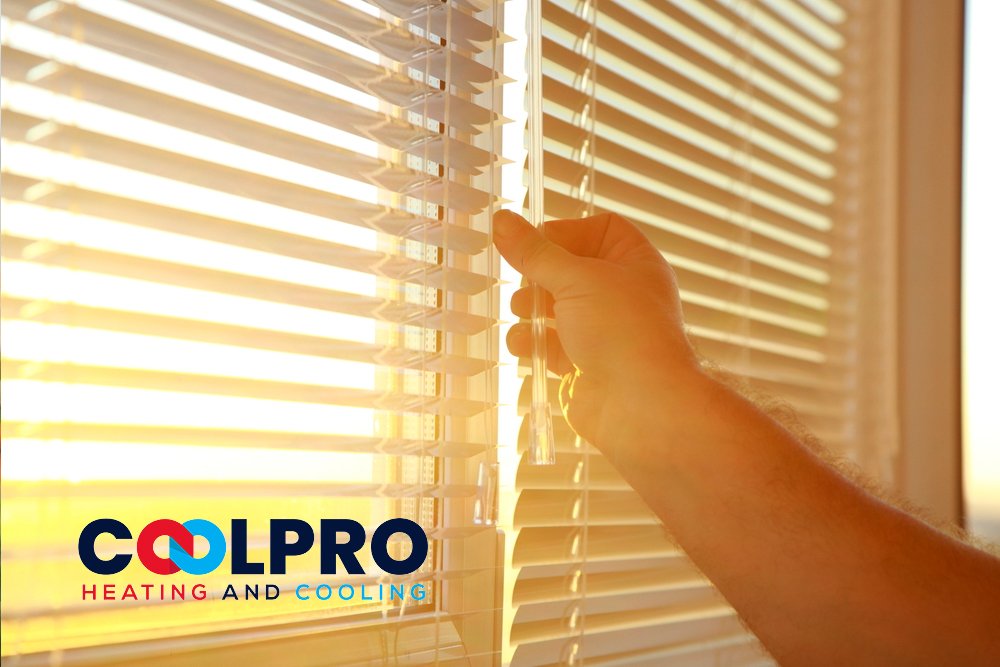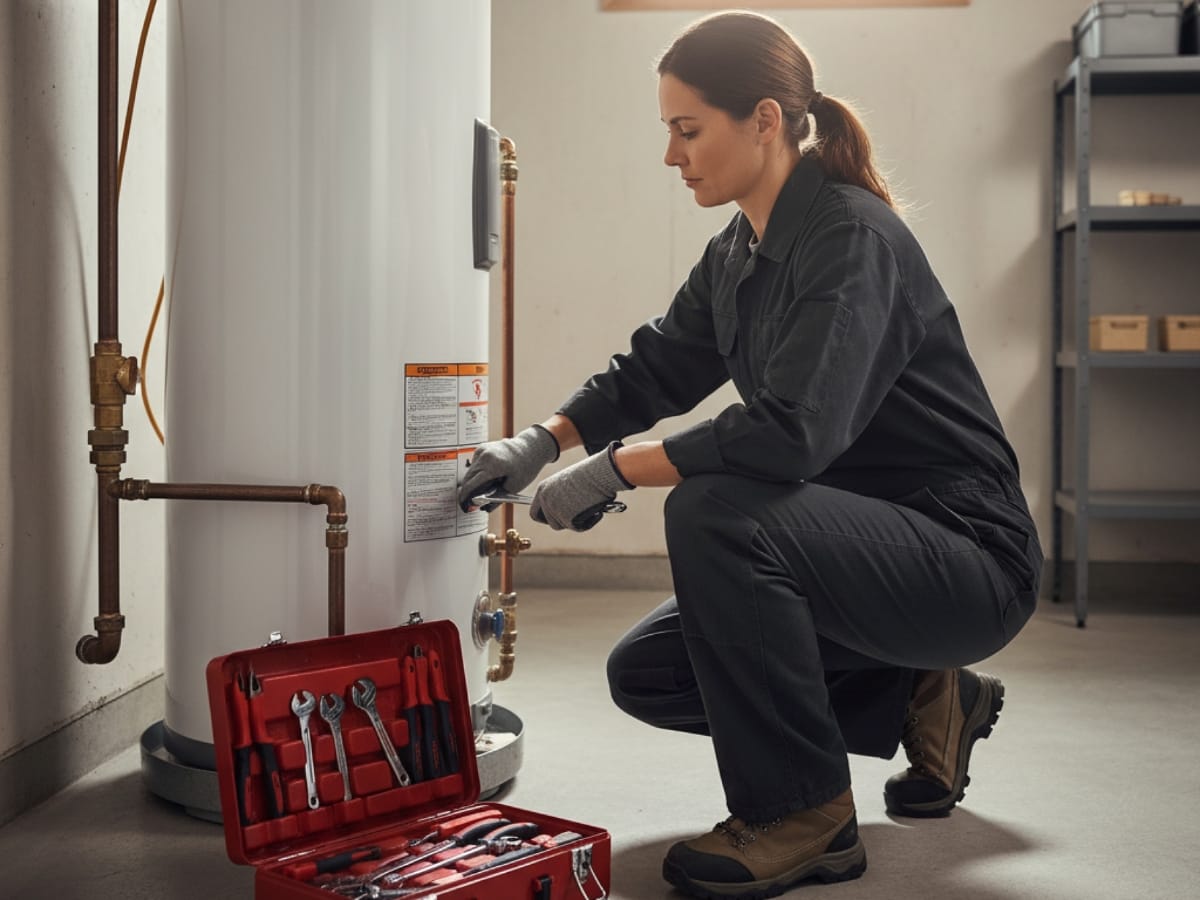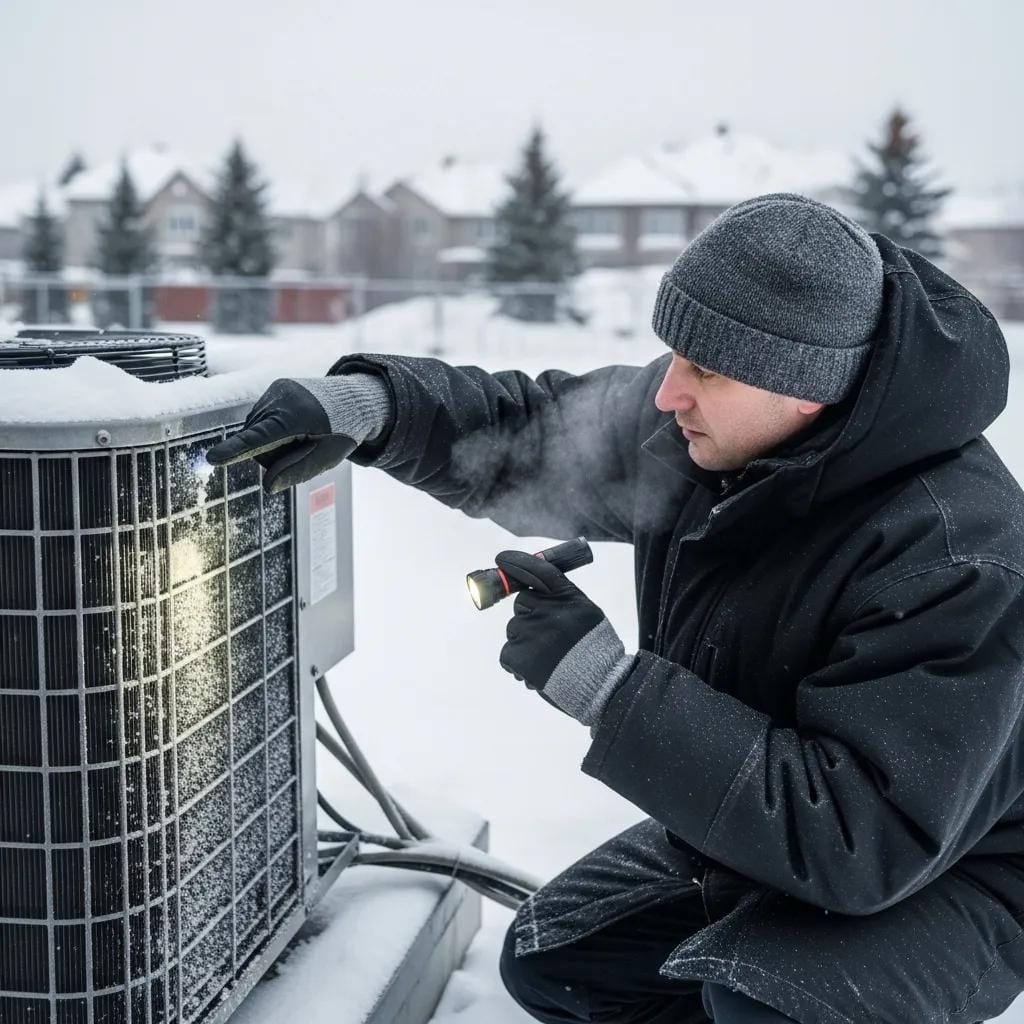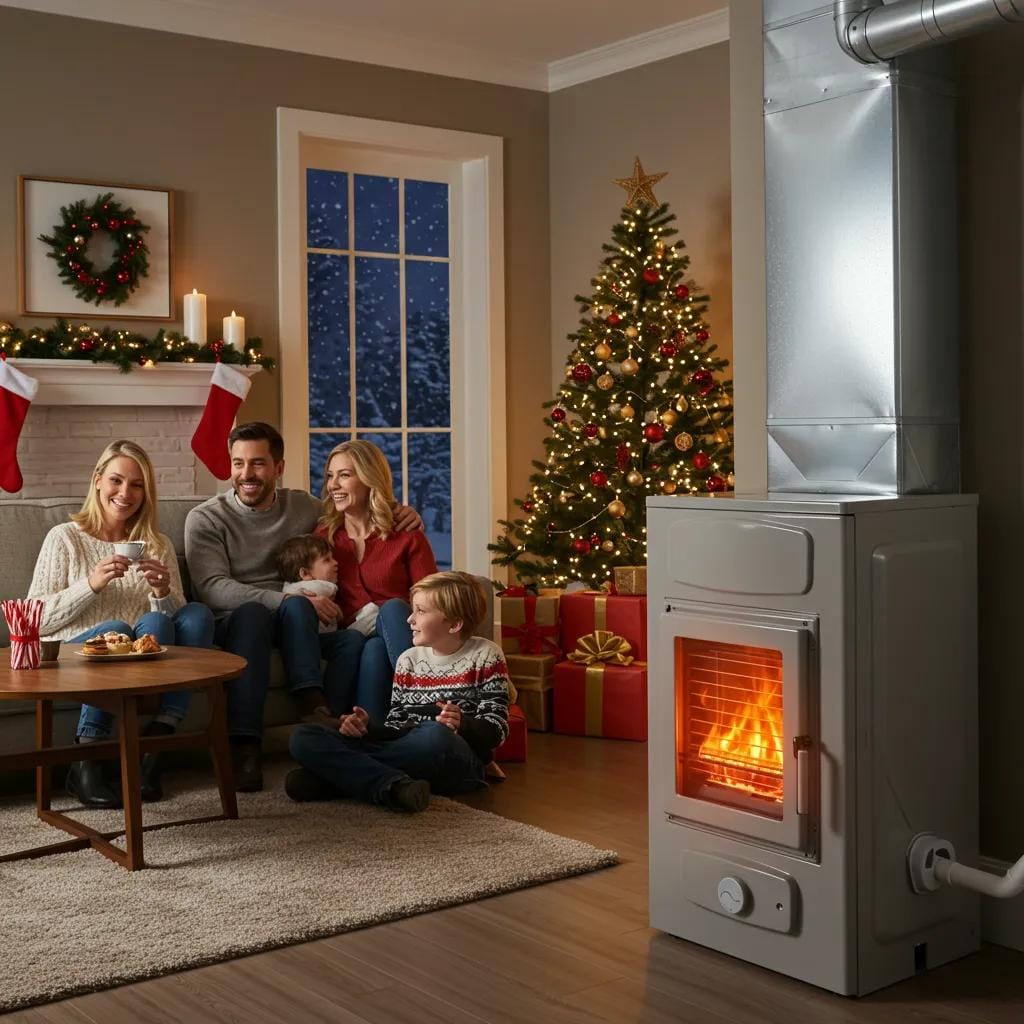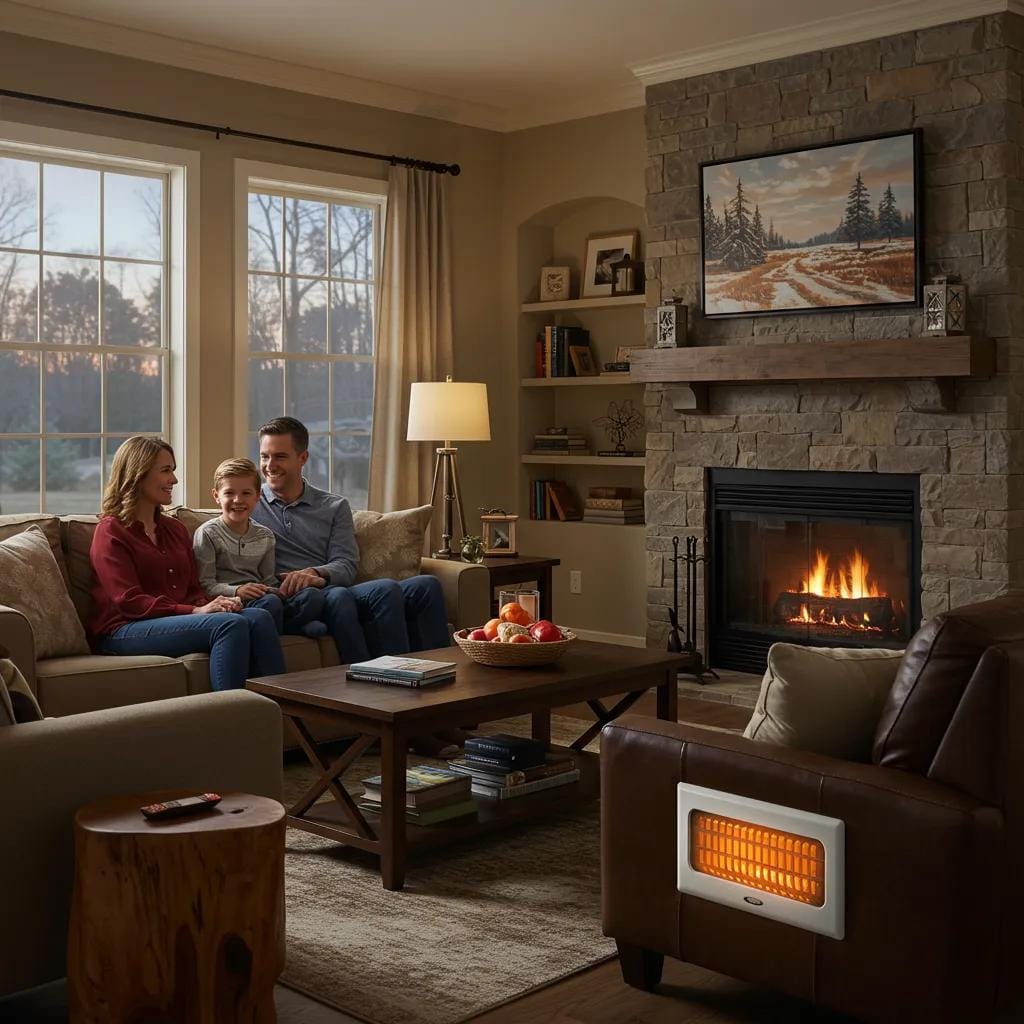The return of summer often brings fond memories of barbecues with the family, enjoying the town’s public swimming pools and going to baseball games. It can also bring back not-so-fond memories of working or exercising out in the hot sun. Summers in the Marietta, Georgia area can be notably hot and humid, creating painful and even unbearable conditions for some people without adequate air conditioning (A/C or AC).
Air conditioning has certainly made modern work and life much more manageable. However, the relative ease and comfort that A/C brings for businesses and residences for Marietta and other towns come at a price. According to some studies, running A/C units cost American homeowners $29 billion each year. This post will cover some air conditioning maintenance tips to help you stay cool and also cut down on A/C costs.
Air Conditioning Maintenance Tips for Staying Cool
Ensuring that your A/C unit is properly maintained is key to staying cool during the summer. Here is an AC maintenance checklist to keep your HVAC system in working order through the summer.
- You should schedule an HVAC maintenance inspection at least once a year. HVAC technicians are often available to work on your A/C system during the spring.
- Double-check with the HVAC technician to make sure that they will inspect both the cooling and heating functions of the system. Inspecting both should guarantee that the A/C unit is fully operational through the end of the year, no matter the season.
- Extremely high heating conditions can cause A/C components to fail. There are numerous reasons for HVAC systems to fail in the summer. Some reasons include are failing compressors, heat-related electrical problems, frozen evaporator coils, and low refrigerant charge.
- The air filter of an HVAC system eventually becomes clogged with dirt and particles as time passes. The more the air filter is clogged, the less effective it will be when you need to lower your house or business’ indoor temperature.
- Maintaining your HVAC system’s air filter can reduce the system’s energy consumption by as much as 15 percent. If your unit has a permanent electrostatic filter, regularly cleaning it should be sufficient. Make sure to inspect the filter every 30 days.
- A drain pipe allows your HVAC unit to remove its moisture as a protective measure. It can get clogged by debris, which can halt the unit’s dehumidifying process. You can use a shop vac’s suction to clear out a clogged drainpipe or line. You can also pour a cup of bleach into the drain line to prevent mildew or algae accumulation.
- You should inspect the exterior A/C condenser unit twice a month or more. You can keep it operational by clearing both debris and encroaching vegetation.
A/C Maintenance Tips for Cutting Costs
Even proper AC maintenance can lead to a huge energy bill during the summer months. Keep these strategies in mind to reduce your summer energy bills while keeping your home or business cool.
- One way to cut A/C costs is to install a smart thermostat. As opposed to manual thermostats, smart thermostats can automate temperature settings and adjustments. Used effectively, they can optimize energy use and comfort for everyone in a home or office. Keep in mind that you can use your smart thermostat to raise your home or business’ temperature automatically to a higher setting when no one is around.
- For manual thermostats, consider adjusting yours between seven and ten degrees during the summer. Adjusting the thermostat within that range can save energy costs by around ten percent a year.
- You can save money by adjusting the temperature so that everyone in your home or business feels comfortable while wearing light clothing. The U.S. Department of Energy has recommended that you adjust the thermostat to 78 degrees throughout the summer.
- Tracking your monthly energy costs can help you cut costs in the summer. If you notice that there’s a consistent and steady increase in energy costs, then it is likely that your A/C unit
- During autumn or spring, using air conditioning can add unnecessary costs to your energy bill. It is a better idea to turn off your A/C during these months. The A/C unit will last longer the less it is left running.
- Another way to cut energy costs is to use both ceiling fans and your A/C unit to keep your place cool. The circulation of ceiling fans allows you to increase the thermostat’s setting around 4 degrees Fahrenheit (-15.56 degrees Celsius) higher and avoid any discomfort. Additionally, ceiling fans give business or home occupants a wind chill effect. This means that people will feel that the air is cooler than it is.
- Using energy-efficient windows can also help you save on your summer energy bills. The U.S. Department of Energy reported that windows affect energy use for both cooling and heating by up to thirty percent.
- ENERGY STAR-certified windows can help business owners and homeowners cut energy costs and usage. Replacing single-pane windows can help you save as much as $465 a year.
- Another important way to cut energy costs is to seal up openings and cracks in your windows and doors. These openings can cause warm outside air to leak into a home or business. You can use tools such as weather stripping or caulk to seal costly air leaks.
- Keep in mind that a tiny opening of one-eighth an inch can let in the same amount of air as a hole in the wall with a 2.4-inch diameter. A good test for checking air seals around your home or business is using the “Dollar Test.” If you can manage to pull a dollar bill through the gap or opening, then the opening is letting in too much air and you have a poor seal. If the seal is so airtight that the bill becomes stuck during the Dollar Test, then you have a proper seal.

